
General DeWet Afrika, Oorlog, Zuid afrika
Surname de Wet Name Christiaan Rudolf Date Birth 5.1.1882 Residence Kopjes Name Last Officer Genl Cronje Weapon gevang Cronje When Killed Widow Veteran Branch Bloemfontein Notes Ref ID 11005. view all 12 Christiaan Rudolf de Wet's Timeline. 1882 January 5, 1882.

Statue of Christiaan de Wet by Coert Steynberg at the Fourth Raadsaal, Bloemfontein, South
Christiaan Rudolf de Wet (7 October 1854 - 3 February 1922) was a Boer general, rebel leader and politician. He was born on the Leeuwkop farm, in the district of Smithfield in the Boer Republic of the Orange Free State. He later resided at Dewetsdorp, named after his father, Jacobus Ignatius de Wet . De Wet is mentioned in Kipling 's poem Ubique.

Krygsman Christiaan de Wet. Olivier, Ben » Quagga Books
Christiaan Rudolf de Wet (Chrisjan de Wet, 7 October 1854 - 3 February 1922) was a Boer general, rebel leader and politician. Read more on Wikipedia Since 2007, the English Wikipedia page of Christiaan de Wet has received more than 258,125 page views. His biography is available in 19 different languages on Wikipedia.

NPG P1700(59c); Christiaan Rudolf de Wet Portrait National Portrait Gallery
Christiaan De Wet, commander of the Boer forces in the Anglo-Boer War, had the ability to lead his burghers, many of them individualists, with a strong hand, subjecting them to his stringent discipline. He was also a masterful strategist who could anticipate the moves of his opponents. But it was his ability to evade the British forces in what.
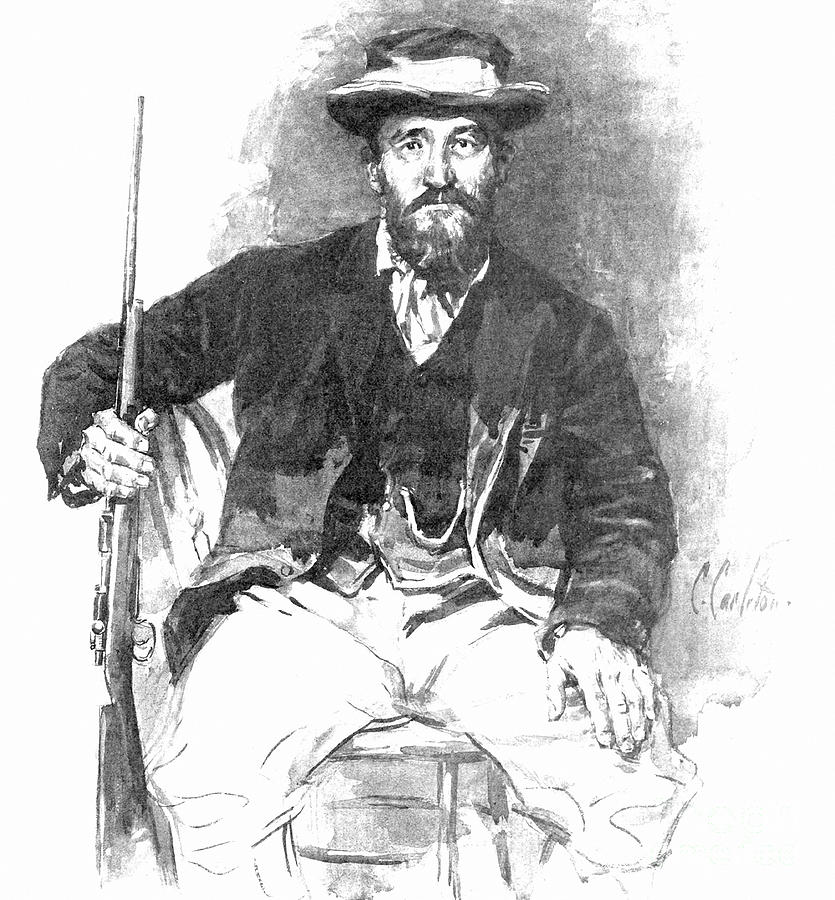
Christiaan De Wet Drawing by Granger Fine Art America
English: Christiaan De Wet Christiaan de Wet Boer general (1854-1922) Upload media Wikipedia. Name in native language: Christiaan Rudolf De Wet; Date of birth: 7 October 1854 Smithfield: Date of death: 3 February 1922 Dewetsdorp: Country of citizenship: Orange Free State; Orange River Colony.
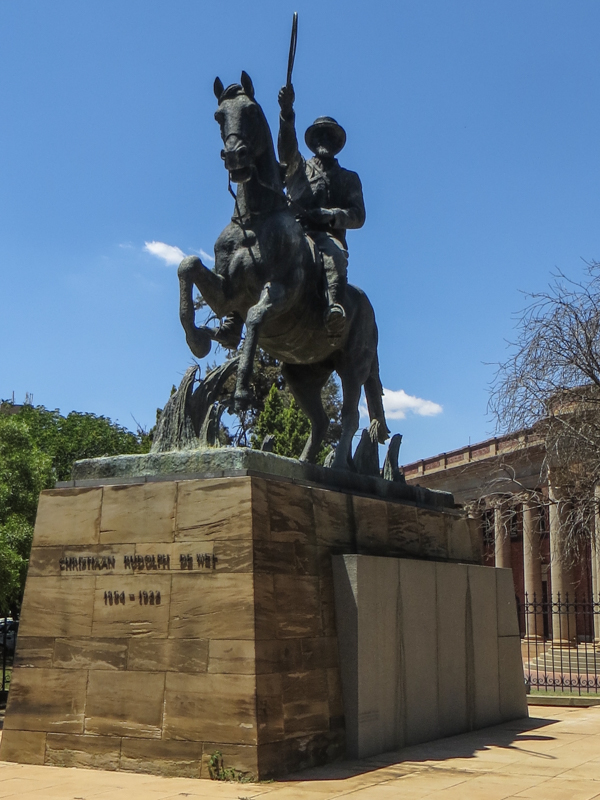
Equestrian statue of Christiaan Rudolf de Wet in Bloemfontein South Africa
Christiaan Rudolf De Wet (*Smithfield, 7 Oktober 1854 - †Dewetsdorp, 3 Februarie 1922) was 'n Boeregeneraal tydens die Tweede Vryheidsoorlog en 'n leier in die Rebellie van 1914. Teen die einde van die Tweede Vryheidsoorlog het hy die belange van die Oranje-Vrystaat by die vredesamesprekinge verteenwoordig as waarnemende Staatspresident omdat pres. M.T. Steyn te siek was om dit te doen.
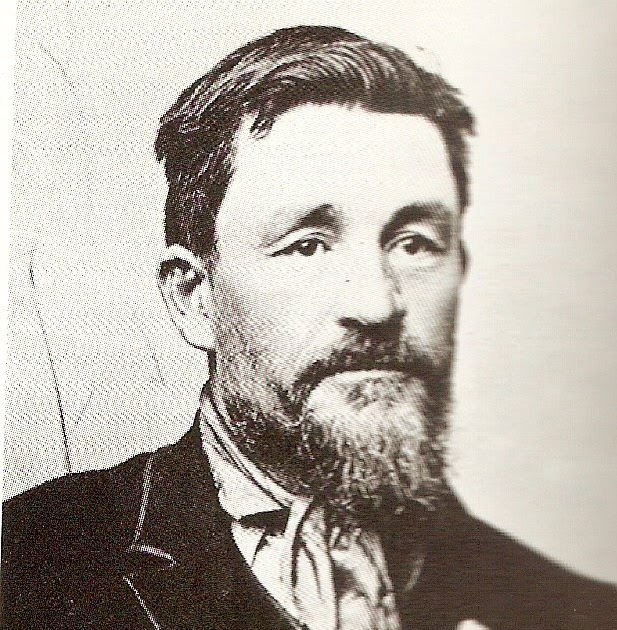
The Diaries of a Village Idiot General De Wet
Christiaan R. de Wet was een van die mees befaamde en heroiëse van die Boeregeneraals. Sy ontsnappings en oorwinnings het die wêreld aan sy voete gehad. Volgens navorsing was hy die sesde kind van veertien kinders (daar kan alleen twaalf opgespoor word, twee mag ongedoop klein gesterf het).
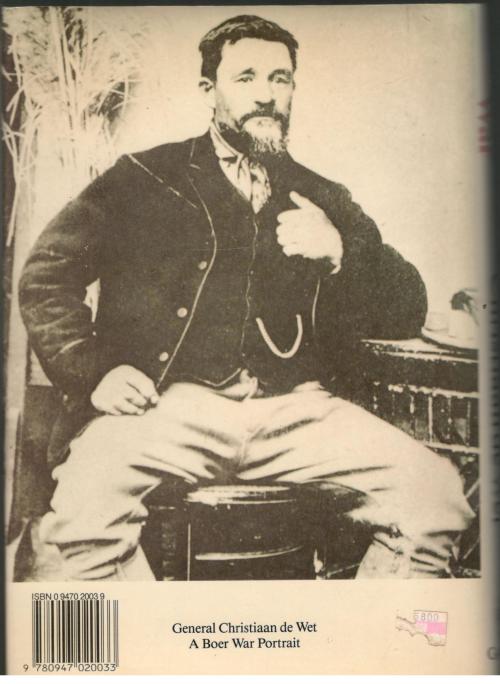
Africana Three Years War General Christiaan de Wet was sold for R130.00 on 3 Mar at 1701
General Christaan de Wet posing with a restored Mauser rifle in Potchefstroom, South African Republic, during the Second Boer War, c.1900 Christiaan Rudolf de Wet. Toggle search. Search. Toggle menu. 2.1K 106 8 8.5K The Great War 1914-1918. Navigation Main page; Recent changes; Random page; Special pages; Upload file; Projects
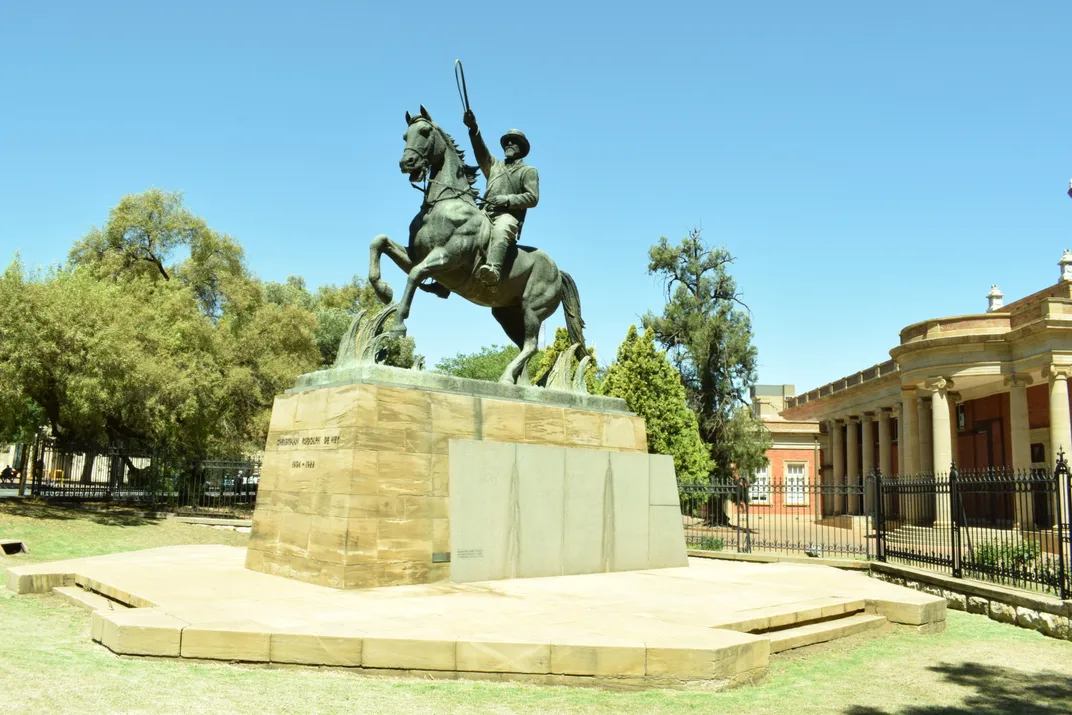
Statue of General Christiaan de Wet, Bloemfontein Smithsonian Photo Contest Smithsonian Magazine
Father of Jacobus Ignatius de Wet , Izak Johannes Christiaan de Wet , Christiaan Rudolf de Wet , Cornelia Margaretha (de Wet) Mentz , Johannes Jacobus de Wet , Pieter Daniel de Wet and Casper Jan Hendrik de Wet. Died 3 Feb 1922 at age 67 in Klipfontein, DeWetsdorp, Bloemfontein district, Orange Free State, Union of South Africa.

Boer General Christiaan R. de Wet History war, Iconic photographs, African history
Rudolf Last Name: De Wet Date of Birth: 07-October-1854 Location of Birth: Smithfield District, Orange Free State [now Free State] Date of Death: 03-February-1922 Location of Death: Dewetsdorp district, South Africa Gender: Male Christiaan de Wet was born at Leeuwkop near Smithfield, Orange Free State, on 7 October 1854.

Die Boervolk Gen. Christiaan de Wet. Painting, Art, Hipster
Christiaan Rudolf de Wet, (born Oct. 7, 1854, Smithfield District, Orange Free State [now in South Africa]—died Feb. 3, 1922, Dewetsdorp district, S.Af.), Boer soldier and statesman, regarded by Afrikaner nationalists as one of their greatest heroes.
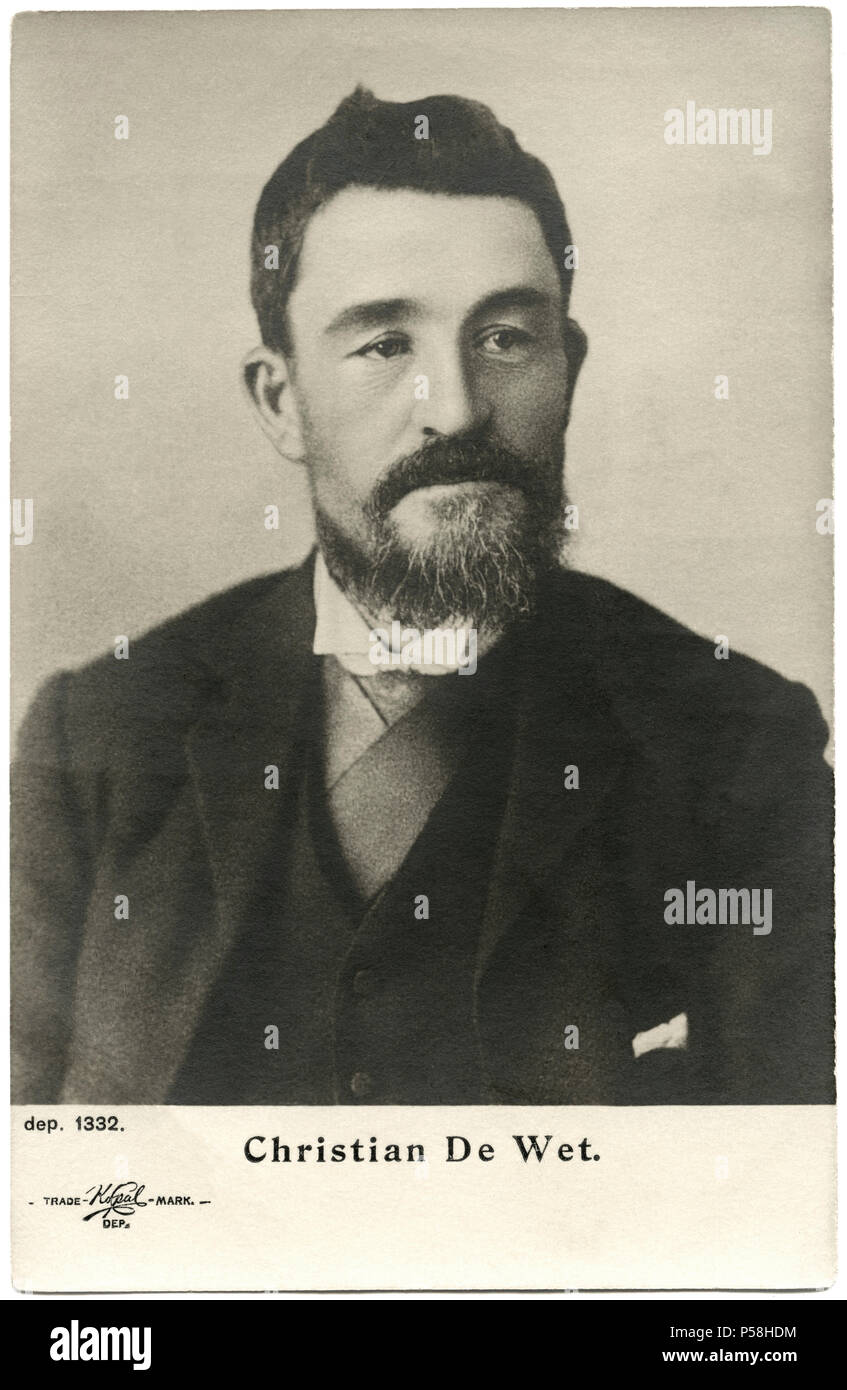
Rudolf Christiaan de Wet (18541922), General boer sudafricana y Politican, cabeza y hombros
The debate is raging over the presence of colonial and apartheid era statues like that of Christiaan Rudolf de Wet. Some view de Wet's statue at the Free State Legislature as a concern. De Wet is an Anglo-Boer war hero.
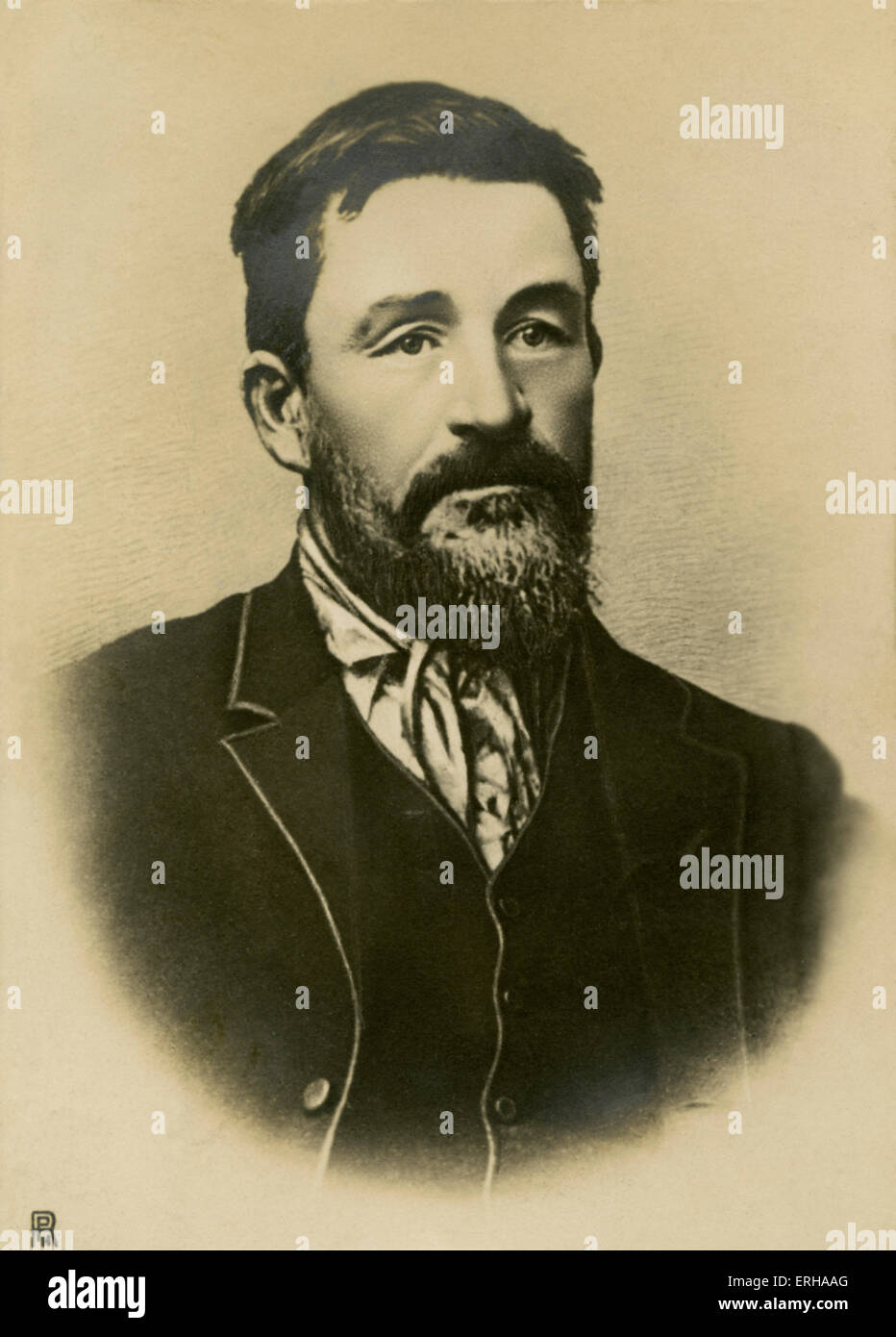
General Christiaan de Wet (18541922). Asamblea de Wet lucharon por Transvaal en la segunda
Christiaan Rudolf de Wet (Chrisjan de Wet, 7 October 1854 - 3 February 1922) was a Boer general, rebel leader and politician. [2] Life Born on the Leeuwkop farm, in the district of Smithfield in the Boer Republic of the Orange Free State, [3] he later resided at Dewetsdorp, named after his father, Jacobus Ignatius de Wet.
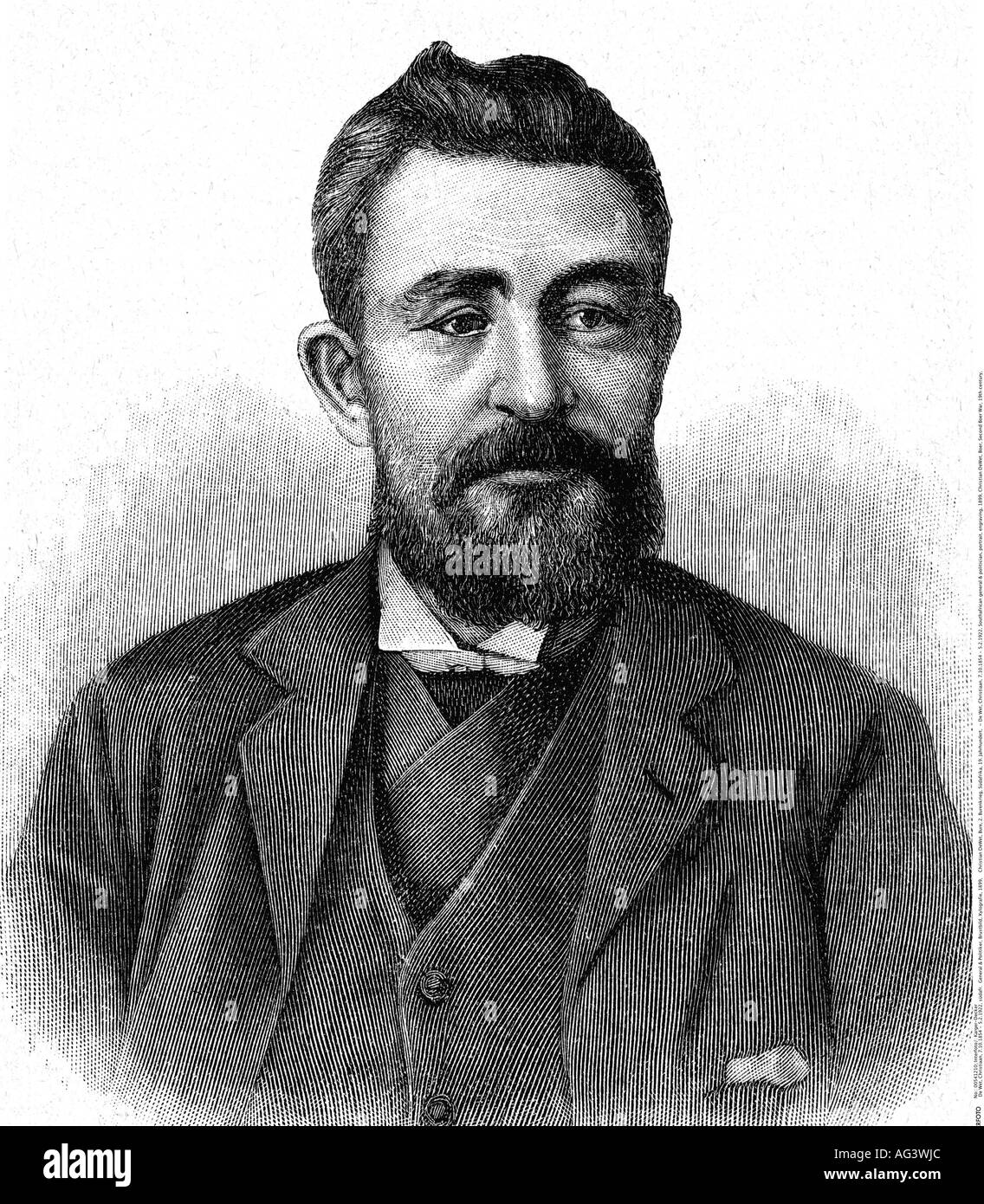
Christiaan de wet hires stock photography and images Alamy
General Christiaan Rudolph de Wet was a Boer soldier and statesman, regarded by Afrikaner nationalists as one of their greatest heroes. He won renown as commander in chief of the Orange Free State forces in the South African War (1899-1902) and was a leader in the Afrikaner rebellion of 1914.

Christiaan Rudolf de Wet Der Kampf zwischen Bur und Brite Der Dreijährige Krieg, Kattowitz und
Christiaan Rudolf de Wet (7 October 1854 - 3 February 1922) was a South African Boer general, rebel leader and politician. Contents Christiaan de wet singing Christiaan de wet matrics 2012 Military career Second Boer War Political career References

Generaal Christiaan Rudolf de Wet The spanish american war, African history, Military history
Piet de Wet was born on 18 August 1861 on the farm 'Nuwejaarsfontein' in the Dewetsdorp district of the Orange Free State. Seven years younger than Christiaan, he was one of fourteen children of Jacobus Ignatius and Aletta Susanna Margaretha de Wet. Although Piet received little formal education, as was the norm on the Free State platteland at.